Wealth Through the Generations: Asia's Magnate Families
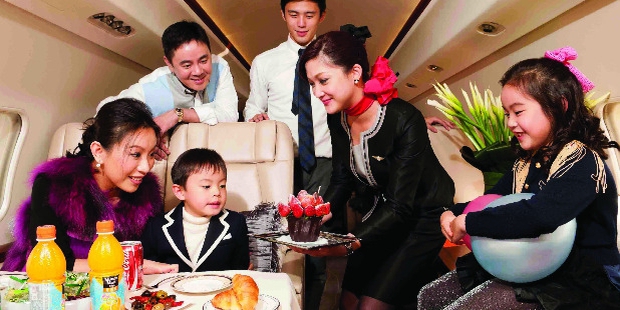
Wealth and power is acquired by years of hardwork and perseverance. It accumulates throughout a person's lifetime, but time is not so forgiving. A person can't enjoy their wealth forever; they must go through the natural state of death once their body has given up. So it is up to the next generation to inherit the wealth that was left by the previous generation and try to create even more wealth by using the inheritance (or not). And then once it is their turn, they too will pass it on to the next generation, and then the same thing will happen again, this cycle continuing until either the bloodline dies out or the wealth has run dry.
Those families that have managed to use their wealth well—either by investing properly, creating new technological advancements, running successful businesses, or by other means—become very influential. When they gain that influence, they would also gain notoriety from lands far and wide. And if they have amassed a great amount of fortune, their names can even be known all over the world, and in different languages as well. With their influence and wealth they would also naturally become powerful to a certain extent and even have the potential to create small ripples in sea of time that can end up becoming big waves changing the course of history.

Nowadays, the families that have amassed such great wealth are those that have undertaken legacies in the trade of business. No longer is the wealth of a family measured by the privileges given to them by a monarch or the head of the state. The wealthy families these days are running megacorporations that run their businesses through multiple industries and are usually part owners of businesses in varying industries across different countries in other parts of the world. Some of these families even have ties to political figureheads and local authorities, which makes them powerful elites in any society. Who are these people? Here, we will take a look at Asia's richest families.
The Hinduja Family
The Hinduja family is a powerful family mainly composed of siblings Srichand, Gopichand, Prakash, and Ashok. These four siblings control the Hinduja Group, a multinational Indian empire that are involved in a wide array of businesses like trucks, banking, lubricants, cable television, import and export, motor vehicles, healthcare, call centers, and foundries.
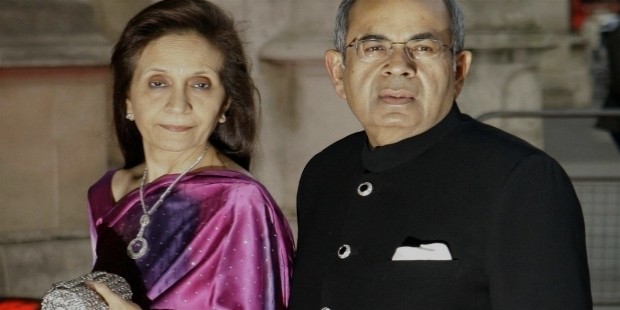
The group was founded in 1914 by the siblings' father, Parmanand Deepchand Hinduja, who was from a Sindhi family based in India. He initially traded goods in the Sindh region of India. Thanks to the leadership of its chairman, Srichand, the Hinduja Group has become one of the largest diversified and wealthiest groups in the world.
The Hartono Family
The Hartono family as of 2016 is still the number-one richest family in Indonesia and has held that rank for eight straight years. The most powerful in the family are the brothers Robert Budi Hartono and Michael Hartono. The brothers invested heavily in Bank Central Asia, which increased their combined network.
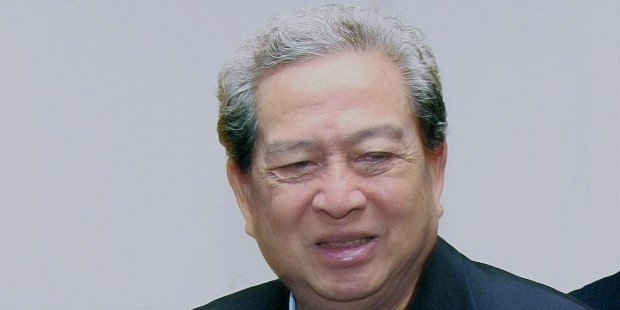
Their fortune's initial source comes from Djarum, a kretek (clove) cigarette manufacturer started by their father and is now in the hands of Robert Budi's son Victor. His other son Armand is the Bank Central Asia director while his third son, Martin, invests his money in startups.
The Kwok Family
The Kwok family is Asia's richest real estate developer. The family owns Sun Hung Kai Properties, which includes Hong Kong's tallest building. The brothers Thomas and Raymond inherited the company in 1990 following the death of their father.
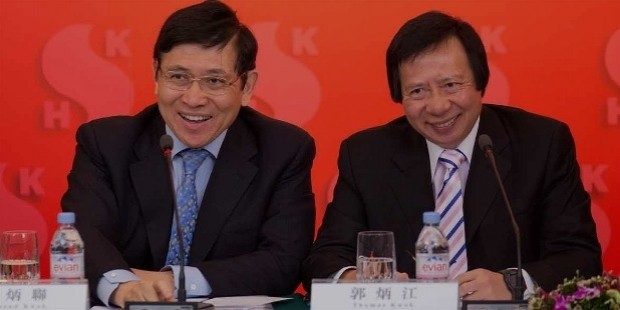
The brothers had $61 billion in terms of net assets before Thomas was sent to prison for bribing a city official, but was later released on bail.
The Chearavanont Family
The Chearavanont family is behind the Charoen Pokphand Group, one of the world's largest producers of animal feed and livestock. It is Thailand's largest private company and one of the world's largest conglomerates, operating in over twenty countries. The business traces its roots back to 1921, when the brothers Chia Ek Chor and Choncharoen Chiaravanont opened a small shop selling seeds imported from China to Thai farmers.
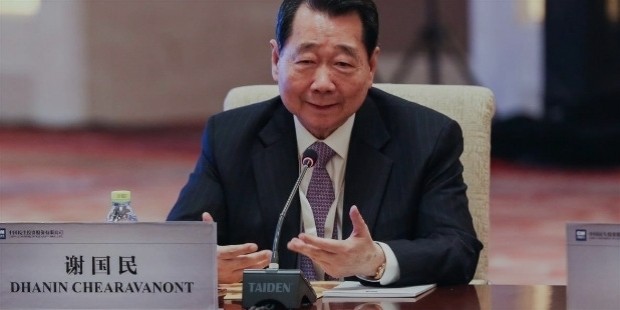
Today it is run by Danin, the son of Chia Ek Chor. His son Suphachai runs their telecommunications business True, which is Thailand's 3rd largest telecommunications operator.
The Tsai Family
The Tsai family is currently made up of the brothers Daniel and Richard. Their company's history dates back to the two brothers, Wan-Tsai and Wan-Lin, who co-founded Cathay Insurance back in 1962. Due to a dispute in the family, the brothers split the business in 1979, with Wan-Tsai creating the Fubon Group and Wan-Lin taking Cathay. When Wan-Tsai died in 2014, he left the business to his two sons, Daniel and Richard.
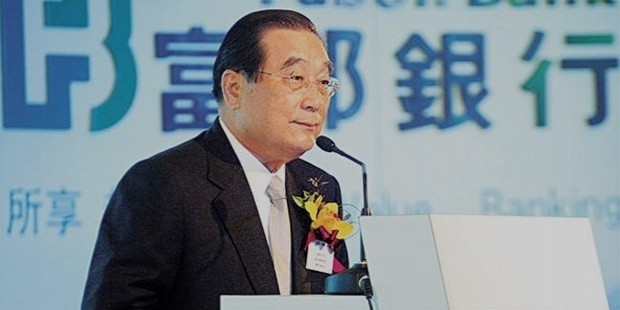
The family still runs Cathay with executive positions held by different family members.
The Kwek Family
The Kwek family runs the Hong Leong Financial Group in Singapore with over fifteen family members in executive chairs. The Hong Leong Financial Group is a conglomerate that runs businesses in financial services, manufacturing, distribution, property, and infrastructure development. The family business can trace its roots back to 1941 when Kwek Hong Png and his three brothers founded the company.
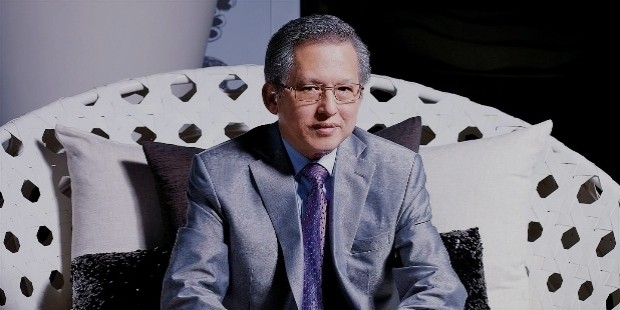
Hong Png's eldest son, Kwek Leng Beng, is the executive chairman and runs most of the operations in Singapore. Leng Beng's cousin Quek Leng Chan heads the operations in Malaysia.
The Cheng Family
The Cheng Family's patriarch Cheng Yu-tong died just recently in September of 2016 at the age of 91. His eldest son Henry was appointed chairman and executive director of the family-owned jeweler Chow Tai Fook and the New World Development conglomerate in 2012.
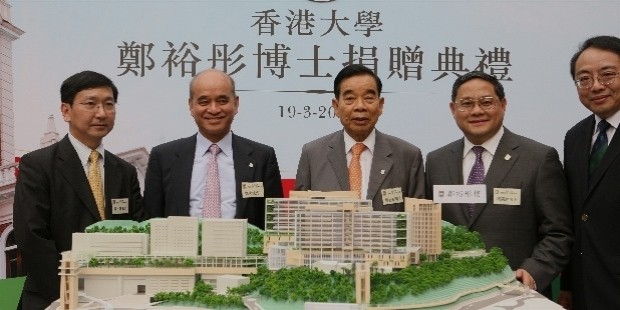
Henry leans on his son Adrian to run New World Development's day-to-day operations while his daughter, Sonia, is in charge of their hotel chain Rosewood.
The Lee Family
The Lee family is in charge of Henderson Land Development, a property conglomerate with businesses in the industries of properties, hotels, restaurants, and Internet services. The head of the family is the patriarch Lee Shau Kee. Shau Kee overseas the business as vice chairman while his brother, Peter, handles the operations in mainland China while also serving as as vice chairman. Their eldest sister, Margaret, manages the company's portfolio leasing department.
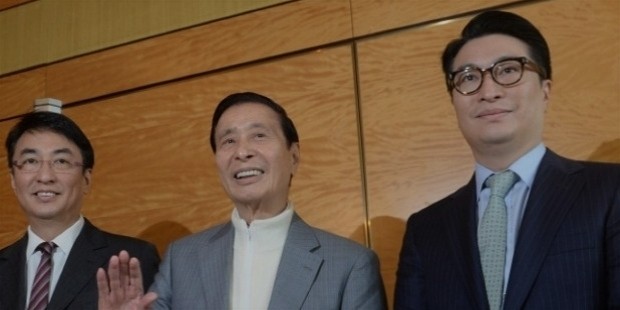
Shau Kee left China in 1948 and invested in the Shatin Hotel redevelopment project to start his business. He was one of the cofounders of Sun Hung Kai with Kwok Tak-Seng and Fung King Hey until he left in 1973.
The Ambani Family
The Ambani family owns Reliance Industries Limited, a Fortune Global 500 company that mainly deals in refining, petrochemicals, retail, and in the oil and gas sectors. The family is mainly composed of the two brothers Mukesh Ambani and Anil Ambani.
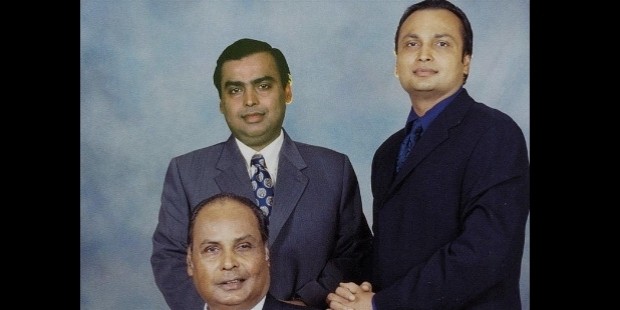
The company was founded by their father, Dhirubhai Ambani, who began the empire trading spices and yarn before eventually building Reliance into one of India's biggest private sector businesses. After his death in 2002, the brothers had a falling-out, which caused them to divide the company between themselves.
The Lee (Samsung) Family
The Lee family is the owner of the Samsung Group, a South Korean multinational conglomerate that participates in a wide array of businesses like shipbuilding, construction, televisions, textiles, insurance, food processing, retail, and smartphones (which is their primary source of income). Samsung is South Korea's largest conglomerate.
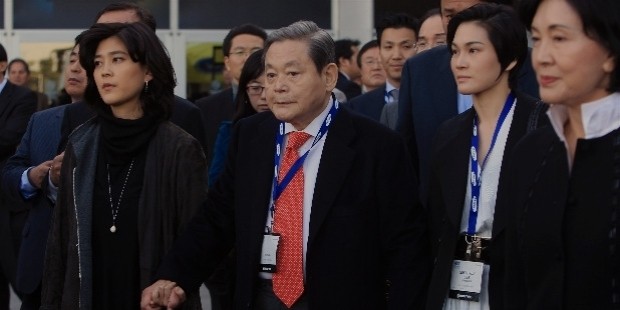
The company suffered greatly during the Samsung Note 7 incident (the smartphones had battery problems that caused them to explode), but proved that it was not enough to topple their empire. The company was founded by Lee Byung-Chull when he started a small trading company in 1938. The company evolved into what it is today: the world's largest smartphone and television manufacturer.









